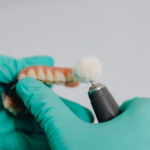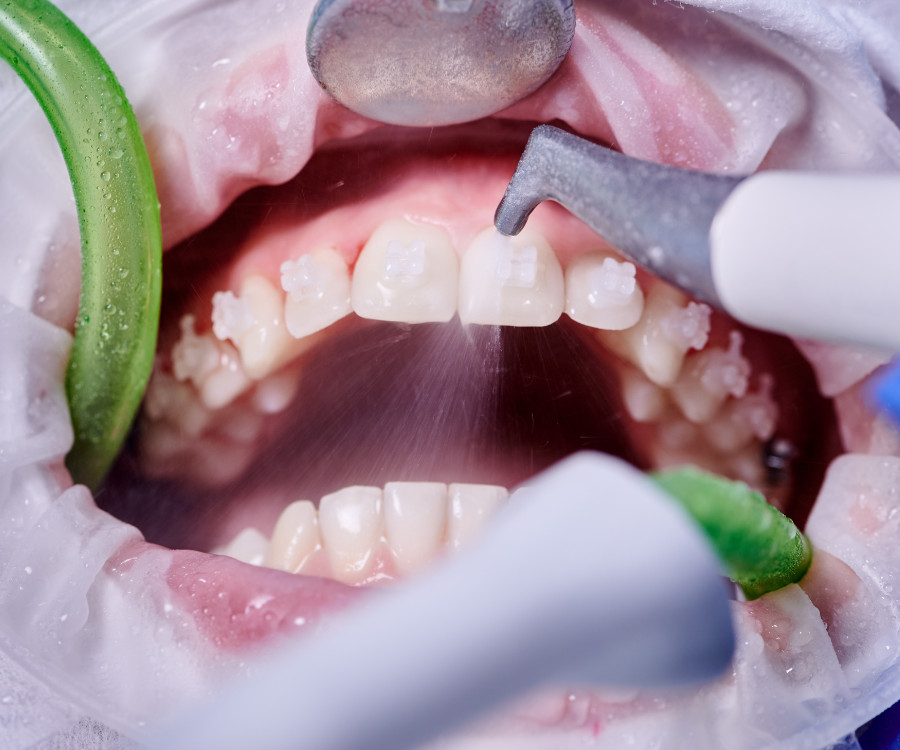Maintaining good oral hygiene is essential for a healthy smile, but sometimes regular brushing and flossing aren’t enough. If plaque and tartar build up below the gumline, you may need a deep dental cleaning (also called scaling and root planing) to prevent gum disease and tooth loss.
But how do you know if you need one? Here are the key signs to watch for:
1. Bleeding or Swollen Gums
If your gums bleed when you brush or floss, it could be a sign of gingivitis (early gum disease) or periodontitis (advanced gum disease). Swollen, tender gums often indicate infection, which may require a deep cleaning to remove bacteria beneath the gumline.
2. Persistent Bad Breath
Chronic bad breath (halitosis) that doesn’t go away with brushing or mouthwash may be caused by bacteria buildup in gum pockets. A deep cleaning removes these bacteria, helping to freshen your breath.
3. Receding Gums
If your teeth look longer than usual, your gums may be receding due to gum disease. This exposes tooth roots, increasing sensitivity and decay risk. Deep cleaning helps stop further recession by removing plaque and tartar.
4. Loose or Shifting Teeth
Advanced gum disease can weaken the bone supporting your teeth, causing them to loosen or shift. A deep cleaning can help stabilize your teeth by removing infection and promoting gum reattachment.
5. Deep Gum Pockets
During a dental exam, your dentist measures gum pockets (the space between teeth and gums). Healthy pockets are 1-3mm deep. If they’re 4mm or deeper, it signals gum disease, and a deep cleaning may be necessary.
6. Tartar Buildup Below the Gumline
Even with good brushing, tartar (hardened plaque) can accumulate below the gums, where regular cleaning can’t reach. A deep cleaning removes this buildup to prevent further damage.
7. Tooth Sensitivity or Pain
If hot, cold, or sweet foods cause sudden tooth pain, it could mean gum recession or root exposure due to gum disease. Deep cleaning can reduce sensitivity by removing irritants and allowing gums to heal.
8. Pus Around Gums
Pus between teeth and gums is a serious sign of infection (abscess). This requires immediate dental care, often starting with a deep cleaning to eliminate bacteria.
What Happens During a Deep Dental Cleaning?
- Scaling: Removes plaque and tartar from above and below the gumline.
- Root Planing: Smoothens tooth roots to help gums reattach.
- Antibacterial Treatment: Sometimes, antibiotics or antimicrobial rinses are used to control infection.
Preventing the Need for Deep Cleanings
- Brush twice daily & floss daily
- Use an antiseptic mouthwash
- Get regular dental checkups (every 6 months)
- Avoid smoking, which worsens gum disease








